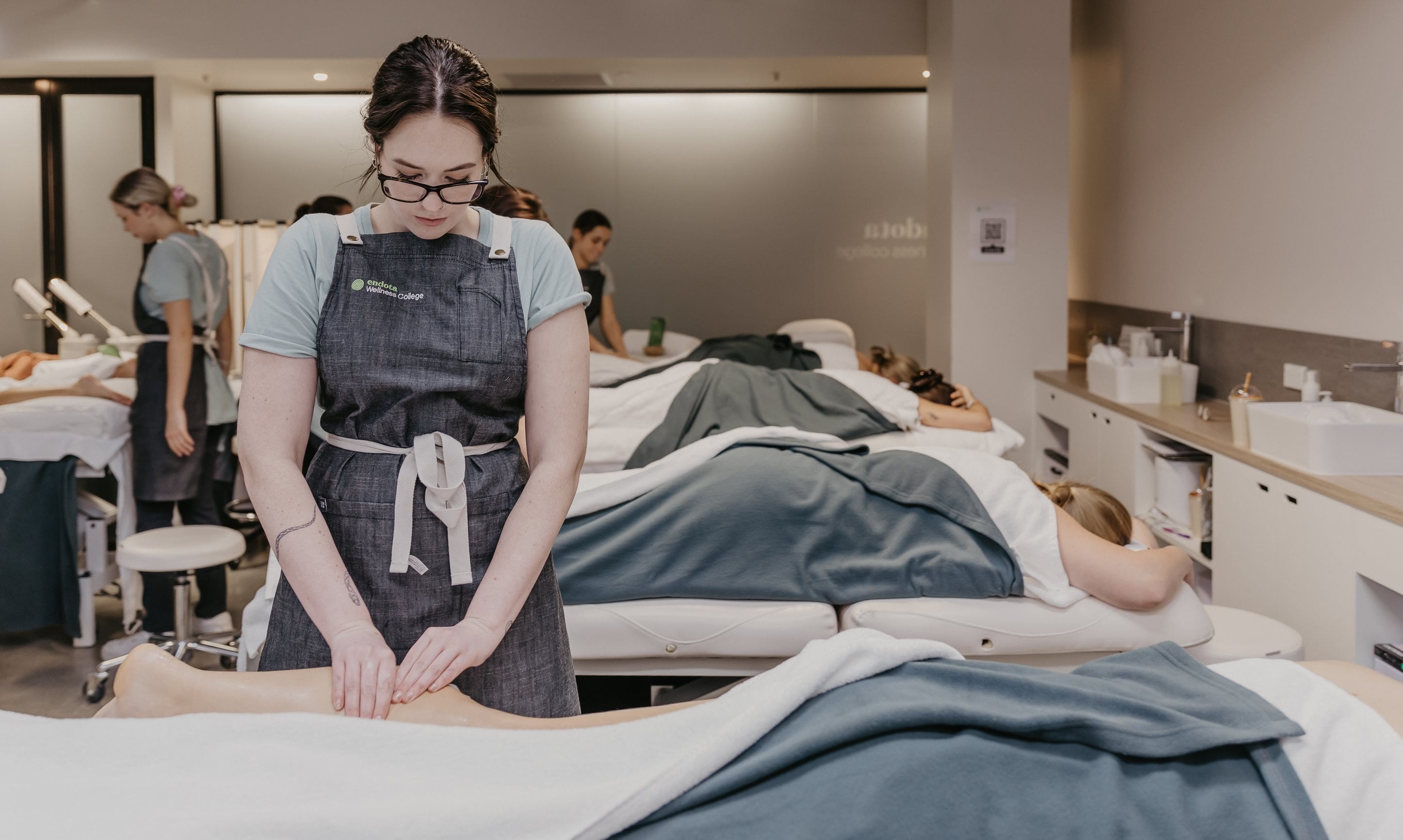Study smarter, not harder — study habit tips
Whether you’re studying in school, university or tafe, revising for a test or your licence, or helping a loved one prepare for exams; learning to study productively benefits us in ways that far outlast our schooling years. But the reason why many of us find studying so arduous is because we’ve never been taught how.
If you’ve tried flashcards, colour coding and reciting notes and found that none of these methods have made much of a difference in getting information to stick, we have some ideas that may help. The way in which we process and absorb information is dependent on a number of physiological and psychological factors, so we’ve put together some tips to support both your body and brain when preparing for exams.

Study tips to nourish the body
Smart snacks
For lasting energy, try antioxidant-rich or low-GI foods proven to bolster brain function such as nuts, eggs, fish, blueberries, wholegrains and pumpkin seeds. Our bircher muesli, pumpkin and spinach frittata and smoked salmon tart recipes on endota Retreat are a great place to start to fuel your brain and study, and can be pre-prepared for when hunger arises. For when you need a snack in a pinch, nuts, fresh and dried fruit, vegetables, muesli bars, protein balls, rice cakes (topped with your favourite spread, cheese or protein, such as tuna), smoothies and popcorn are great options.
Get moving
When you do any cardio-based workout it causes blood to flow to the brain, which fires up your neurons and promotes cell growth, particularly in the hippocampus — the structure responsible for the brain’s learning and memory systems. Beyond the brain-boosting effects of exercise, moving our body helps us refresh by fending off any stress that can come with intensive study. Sometimes a quick 15 minute break is all you need to reset and get back to being productive. The next time you’re experiencing study-fatigue, try this guided cardio class, it takes less than 15 minutes too so you’ll be ready to resume studying in no time.
Study tips to nourish the brain
Create a study sanctuary
A calm space makes for a calm mind, so creating your own, clear space where you can focus on your study will assist your productivity in the long run. When creating your study space ask yourself: “Is there enough desk space to spread my textbooks out?” “Have I got enough light?” “Do I have all the notes I need at the ready?” “Is my space inviting?”. You’ll find that if your environment is neat and orderly, it will be easier to order your thoughts as well. To further enhance your study space, try adding a diffuser that can disperse essential oil while you’re studying. Our Clarity blend is designed to encourage focus and mental clarity thanks to its uplifting blend of lemon, orange and mandarin oils. Simply add a few drops into your diffuser before you get stuck into studying.
Sleep soundly
A good night’s sleep plays a vital role in storing and recalling information. Restorative sleep before studying helps prepare your brain to focus and form memories, while sleep after studying cements what you’ve learnt by consolidating information and converting it from our short-term to long-term memory. This gives a whole new meaning to the expression ‘sleep on it’. Read our blog for tips on how to achieve a restful night’s sleep that can help ease fatigue around study time. If studying at night, ensure your space is well lit to avoid eye strain, but still dimmed so as not to interfere with a good night’s rest once you’ve clocked off from studying. A desk lamp can help create the perfect balance between too much and too little light, so that you can maximise both your study and sleep conditions.
Give yourself a break
To maintain a high level of productivity, concentration and efficiency, try studying for periods of one hour at a time. Our brains need regular breaks in order to process and retain information in the long-term, which is why finding time to unwind is crucial when looking after your mental and physical wellbeing amidst the stress that comes with assessments. Try heading outside for fresh air on a walk, a quick yoga or pilates session, cooking, or even a shower or bath. Stepping away from your study and study space can help your brain to reset and refresh, ensuring that when you revisit your study you’ll be feeling recharged with productivity.
Discover your learning style
Whether we realise it or not, we all have a preferred way of learning, meaning that not all study strategies are made equal. If you’re an auditory learner, try reading notes aloud or explaining key study concepts to other people. If you’re a visual learner, use mind maps to help you connect themes and diagrams to prompt your memory. And if you’re a tactile learner, you probably learn best by doing, so try role-playing or building something that links to what it is you’re conceptualising.
Above all else, be kind to yourself while you discover and adjust the techniques that work best for you. Study requires discipline but it shouldn’t feel like a punishment. Making your wellbeing a priority will help you to feel comfortable and confident during exam season and beyond, so if you’re finding studying particularly stressful, read our blog on understanding and managing stress.
For a supportive, nurturing study environment centred around better wellbeing and meaningful connections, explore Certificate and Diploma courses across beauty therapy, remedial massage and salon management at endota Wellness College.





